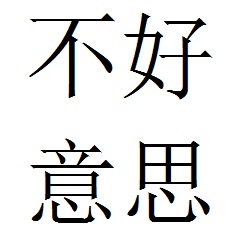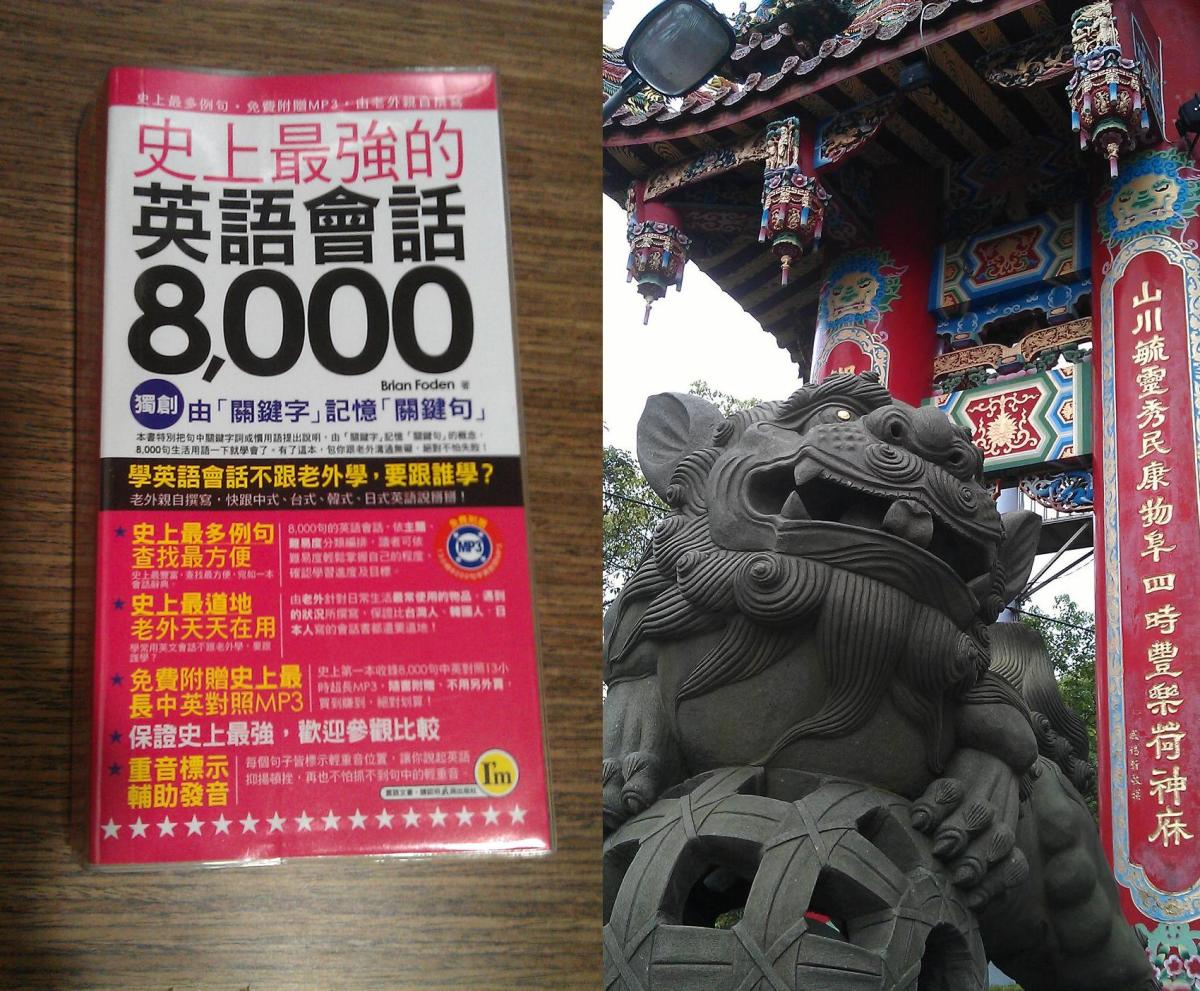How to say I'm sorry in Chinese - Why direct translation is not easy
A common phrase for "I'm sorry" in Chinese

The problems with word for word translation
Direct translation from English to Chinese, or presumably other languages, often doesn't work very well. When I want to figure out how to say something, I am often tempted to think of the English word for what I want to say, plug it in to some sentence, and carry on. This often results in the person I'm communicating with either not understanding, or laughing at me. You probably have seen material translated from Chinese to English, which leaves you perplexed or amused. In this article, I will try to explain why I think direct translation is hard.
I think the major problems are: set phrases, pragmatics, and that words more often than not have multiple meanings. I will use the seemingly simple sentence, "I'm sorry." to illustrate.
When I look up "sorry" on MDBG (an on-line English/Chinese dictionary), the first four entries I get back are 不好意思,对不起,难为 and 抱歉。 The definitions give some idea about usage, but far from a complete explanation.
Set phrases
不好意思 and 对不起 are set phrases. Literally translated, 不好意思 means, "not good interest". It would be impossible to guess from the meanings of the separate words that this is something you should say when you make a mistake, like entering a room you aren't supposed to be in.
对不起 is actually a modal verb. 对 usually means, "correct". <verb>不<suffix> means that the verb can't be achieved, and the suffix modifies how the verb can't be achieved. However, none of these grammar points help you understand that this is just something you say, if you make a mistake that harms someone else, say, you stepped on their foot, or something.
English also has set phrases for "sorry" that are used in some contexts. For example, "I don't want to rain on your parade", or "I feel terrible". Neither of these are understandable, if directly translated into Chinese.
Pragmatics
A lot of language is just something you are supposed to say in a particular context. For example, if some one tells you that one of their relatives died, or they have a cold, it is quite common to respond with, "I'm sorry". However, in Chinese you only say you are sorry, if you caused the event to happen. This and similar differences in expectation about what you are supposed to say can often lead to missunderstandings.
Multiple meanings
Most words have aquired multiple meanings. For example, "I'm pretty sorry" could have a meaning like, "I'm a sorry excuse for a husband"; meaning that I'm not living up to my wife's expectations. "I'm sorry" might also might mean that I am feeling depressed. However, neither of these meanings are compatable with many of the words I get when I look up the Chinese word for sorry in the dictionary.
The Chinese words also have some other meanings that don't translate to, "sorry", in English. For example, 难为,often has a meaning like, "could I ask a favor?".
Morals
When learning a language, there isn't a shortcut to learning what words are used in what contexts. It just takes lots of exposure and practice.
If a non-native speaker makes a mistake, we should be charitable. Learning a second language is not easy.








